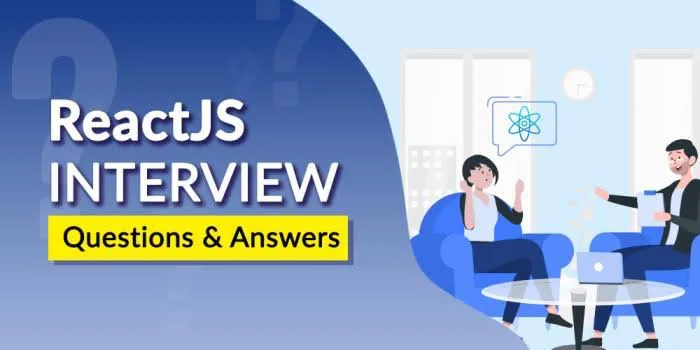React Interview: Key Questions You Need to Know

Preparing for a React interview can be daunting, but understanding key concepts is essential. In this article, we’ll cover the most important questions you might face, from component lifecycle methods to state management and hooks. Equip yourself with the knowledge to impress your interviewers and land that dream job!
Understanding Component Lifecycle
React component lifecycle methods are a crucial part of any React developer's toolkit. They allow you to hook into different phases of a component’s life, enabling you to execute code at specific times. Here are some key lifecycle methods you should be familiar with:
- componentDidMount: Invoked immediately after a component is mounted. This is a good place for AJAX requests or subscriptions.
- componentDidUpdate: Called after updates are flushed to the DOM. This is useful for reacting to prop or state changes.
- componentWillUnmount: Invoked immediately before a component is unmounted and destroyed. Cleanup tasks typically go here.
Common Questions About State Management
State management is another vital topic in React. Here’s what you need to know:
- What is state? State is an object that determines how that component renders & behaves. It is mutable and can change over time.
- How do you manage state in React? You can manage state using the built-in
useStatehook or more complex methods like Redux for global state management.
React Hooks: The New Standard
Hooks were introduced in React 16.8 and have revolutionized how we manage state and side effects in functional components. Here are the essential hooks you should know:
- useState: Allows you to add state to functional components. Example usage:
const [count, setCount] = useState(0);- useEffect: Lets you perform side effects in your components. It can replace lifecycle methods in functional components. An example setup could look like:
useEffect(() => {
// Your code here, like fetching data
return () => {
// Cleanup code here
};
}, [dependencies]);Component Communication
Components need to communicate, and it’s essential to understand how to manage data flow in React:
- Props: The primary way for components to communicate. Parent components can pass data down to children via props.
- Callback functions: You can pass functions as props to children. This allows a child component to communicate back to its parent.
Performance Optimization Techniques
React provides several ways to optimize performance:
- Memoization: Use
React.memo()for component memoization to prevent unnecessary re-renders. - useMemo: Use this hook to memoize expensive calculations. Example:
const memoizedValue = useMemo(() => computeExpensiveValue(a, b), [a, b]);- useCallback: Use it to memoize callback functions to prevent them from being recreated on every render.
Handling Forms in React
Forms are a common part of web applications. Here's how to handle them effectively in React:
- Controlled Components: Use controlled components for form elements by setting the input value via state.
- Handling Submission: Manage form submission by attaching a submit handler to the form element:
const handleSubmit = (event) => {
event.preventDefault();
// Handle the form submission logic
};Conclusion
Mastering the concepts discussed in this article can give you a significant edge in your React interviews. Understanding component lifecycles, state management, hooks, and performance optimization is not just about answering questions but also demonstrates your capability to build robust applications. As you prepare, remember that practical experience is invaluable. Build projects, contribute to open source, and engage with the React community to solidify your understanding. Good luck!